X: @the_news_21
Tensions flared at the India Today Conclave in New Delhi as Union Home Minister Amit Shah directed a barrage of criticism towards senior journalist Rahul Kanwal, accusing him of biased journalism. The heated exchange, which took place on Friday, has since sparked discussions on social media platforms, shedding light on the delicate relationship between politics and the press.
The Incident Unfolds:
During the Conclave, Kanwal raised pertinent questions about allegations leveled against Bharatiya Janata Party (BJP) leaders regarding controversial remarks on the Indian Constitution and Nathuram Godse, the assassin of Mahatma Gandhi. However, before Kanwal could complete his inquiry, Shah interjected, expressing his displeasure at the line of questioning.
Shah’s Response and Accusations:
Interrupting Kanwal, Shah swiftly shifted the focus to a different topic, highlighting comments made by Congress’ Bangalore Rural MP DK Suresh following the interim Budget announcement. Suresh’s remarks, suggesting the possibility of the south Indian states seeking secession if their concerns were not addressed, served as ammunition for Shah’s counterattack. The Home Minister accused Kanwal of failing to adequately cover this issue, alleging biased journalism.
Challenges to Journalism Ethics:
Shah’s scathing critique underscored broader concerns regarding the ethics and integrity of journalism in India. The exchange shed light on the challenges faced by journalists in navigating political discourse while maintaining objectivity and impartiality. Kanwal’s predicament exemplifies the delicate balance between holding those in power accountable and avoiding accusations of partisanship.
Implications for Media Integrity:
The confrontation between Shah and Kanwal serves as a stark reminder of the inherent tensions between the media and political establishment. As the fourth estate, journalists play a crucial role in upholding democratic principles by scrutinizing government actions and providing a platform for diverse voices. However, instances of perceived bias can erode public trust in the media, undermining its credibility and effectiveness as a watchdog.

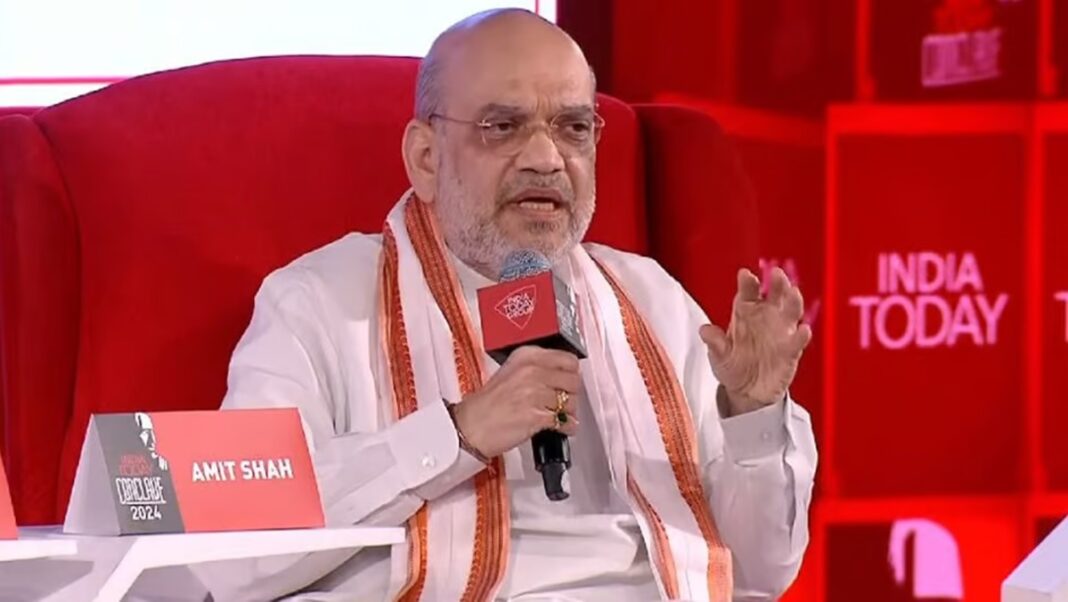
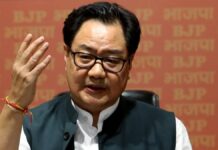
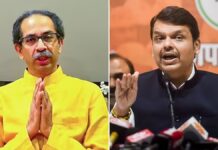

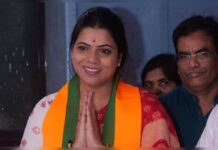
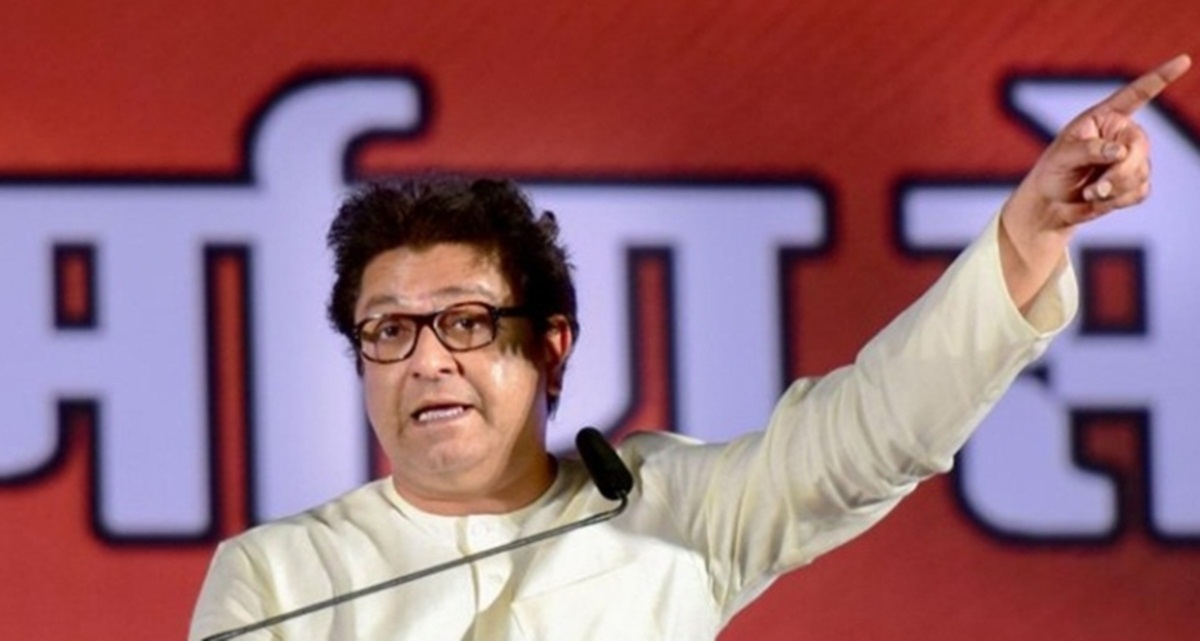

can you get generic clomiphene without rx where to buy cheap clomid no prescription says: how can i get clomid pill clomid order how to buy clomiphene without dr prescription can i order generic clomiphene without a prescription where to buy cheap clomiphene pill
Greetings! Extremely useful par‘nesis within this article! It’s the petty changes which will turn the largest changes. Thanks a lot for sharing!
This is a question which is in to my heart… Myriad thanks! Faithfully where can I notice the acquaintance details for questions?
oral zithromax – buy ofloxacin generic flagyl for sale
buy semaglutide 14 mg sale – purchase rybelsus online cheap cyproheptadine usa
buy domperidone – buy cyclobenzaprine for sale cyclobenzaprine sale
buy propranolol generic – buy inderal paypal methotrexate 10mg us
zithromax cost – azithromycin 500mg sale order bystolic 20mg online cheap
buy augmentin 625mg sale – atbioinfo buy ampicillin generic
esomeprazole uk – nexiumtous order generic nexium
order coumadin 5mg generic – cou mamide order hyzaar for sale
meloxicam 7.5mg cost – https://moboxsin.com/ purchase mobic
oral deltasone 20mg – https://apreplson.com/ order deltasone 40mg generic
can i buy ed pills over the counter – fast ed to take site erectile dysfunction pills over the counter
cheap amoxil for sale – combamoxi buy amoxil
forcan sale – https://gpdifluca.com/# diflucan 100mg usa
cenforce 100mg us – https://cenforcers.com/# cenforce over the counter
whats the max safe dose of tadalafil xtenda for a healthy man – cialis black in australia difference between sildenafil tadalafil and vardenafil
п»їwhat can i take to enhance cialis – strong tadafl cialis instructions
ranitidine medication – https://aranitidine.com/ buy ranitidine 150mg generic
street value viagra 100mg – https://strongvpls.com/# 100mg sildenafil tablets
This is the kind of enter I unearth helpful. https://gnolvade.com/
Good blog you procure here.. It’s hard to espy strong quality writing like yours these days. I honestly comprehend individuals like you! Withstand guardianship!! order gabapentin generic
More articles like this would make the blogosphere richer. https://ursxdol.com/clomid-for-sale-50-mg/
With thanks. Loads of erudition! https://prohnrg.com/product/lisinopril-5-mg/
Thanks an eye to sharing. It’s first quality. https://ondactone.com/spironolactone/
Thanks for sharing. It’s acme quality.
purchase meloxicam generic
This is a topic which is in to my heart… Diverse thanks! Quite where can I find the acquaintance details an eye to questions? http://images.google.cz/url?q=https://wakelet.com/wake/Ygm_w25-9BwVAfPHOoN7B
More posts like this would add up to the online play more useful. http://zqykj.com/bbs/home.php?mod=space&uid=302439
buy forxiga 10mg online cheap – https://janozin.com/# forxiga order
purchase orlistat pill – purchase xenical online cheap xenical sale
I am in fact thrilled to gleam at this blog posts which consists of tons of profitable facts, thanks representing providing such data. http://www.01.com.hk/member.php?Action=viewprofile&username=Wkayrt
You can protect yourself and your family by being heedful when buying medicine online. Some pharmaceutics websites operate legally and sell convenience, privacy, rate savings and safeguards as a replacement for purchasing medicines. buy in TerbinaPharmacy https://terbinafines.com/product/coumadin.html coumadin
You can conserve yourself and your stock nearby being wary when buying prescription online. Some pharmacopoeia websites function legally and put forward convenience, solitariness, sell for savings and safeguards for purchasing medicines. buy in TerbinaPharmacy https://terbinafines.com/product/dilantin.html dilantin
You can conserve yourself and your ancestors nearby being cautious when buying medicine online. Some pharmaceutics websites operate legally and put forward convenience, reclusion, bring in savings and safeguards to purchasing medicines. http://playbigbassrm.com/es/
More text pieces like this would make the web better. dapoxetine 30mg uk
I’ll certainly bring back to read more.
Đến với J88, bạn sẽ được trải nghiệm dịch vụ cá cược chuyên nghiệp cùng hàng ngàn sự kiện khuyến mãi độc quyền.
专业构建与管理谷歌站群网络,助力品牌实现全域流量的强势增长。谷歌站群
Đến với J88, bạn sẽ được trải nghiệm dịch vụ cá cược chuyên nghiệp cùng hàng ngàn sự kiện khuyến mãi độc quyền.
online casino real money usa
best usa online casinos
us online casinos real money